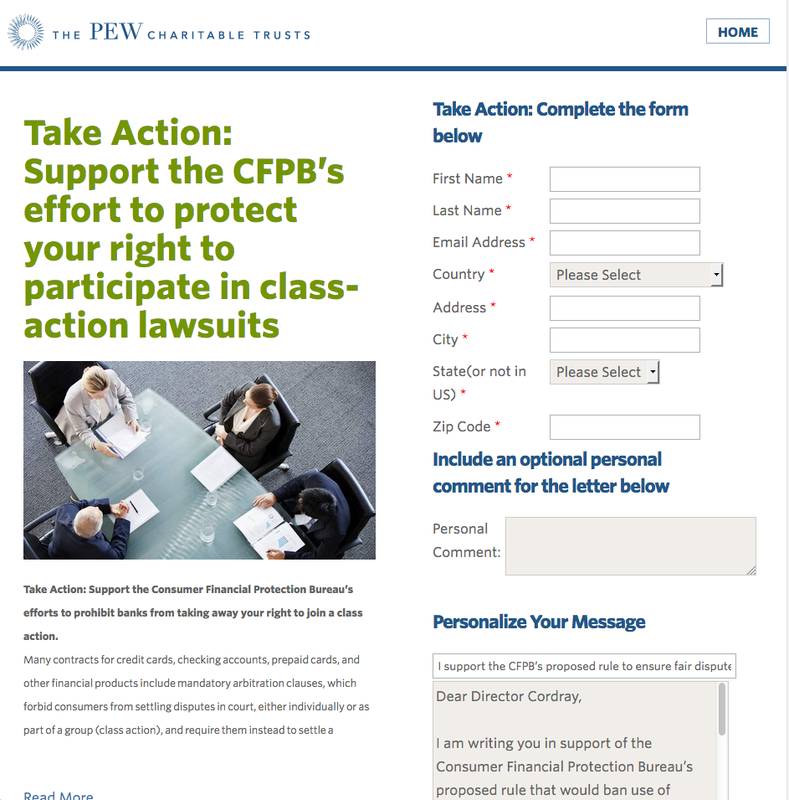
2:30 p.m. Tuesday, September 6
Salem Public Library,
Anderson Room B
Salem Public Library welcomes Ellen Klem, who will discuss steps we all can and should take to protect ourselves from becoming targets of consumer fraud.
Although aimed at a general audience, this presentation may be of particular interest to older adults, Oregonians whose first language is not English, and students who have incurred significant education related debt.
Ellen Klem is the Director of Consumer Education and Outreach for the Oregon Department of Justice. Her mission is simple-prevent financial harm to Oregonians.
This event is just one of a series of programs associated with a traveling exhibit, Thinking Money, that will be on display at Salem Public Library throughout September. Thinking Money is designed to teach tweens, teens and the adults in their lives about financial topics like saving, spending, and avoiding fraud. Thinking Money was created by the American Library Association (ALA) in partnership with the FINRA Investor Education Foundation.






 RSS Feed
RSS Feed
